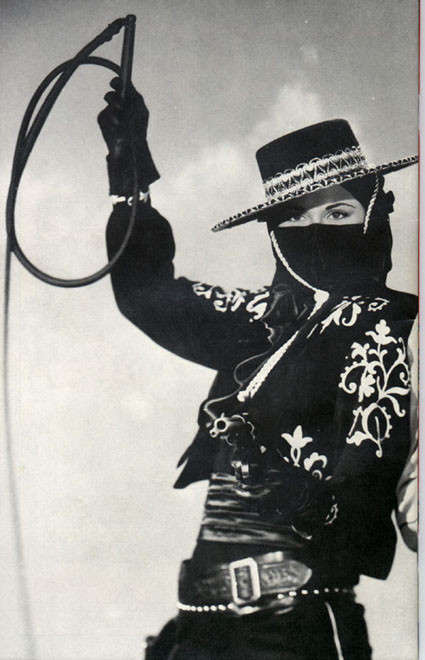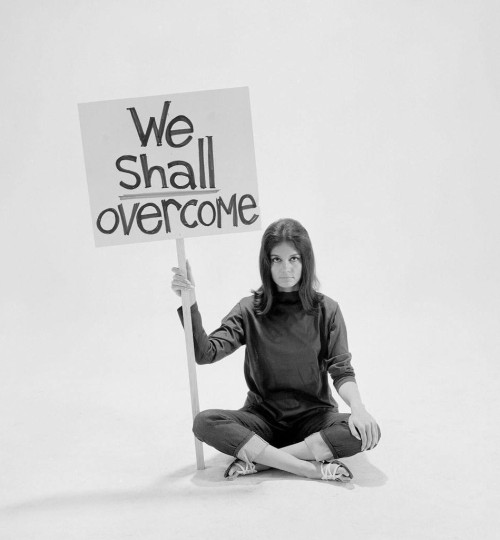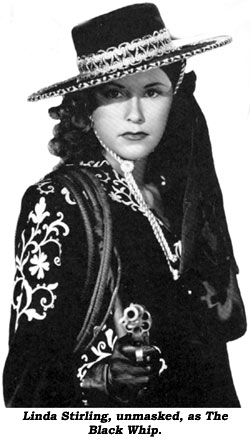Currently journeying across India to continue her life mission and passion to promote the rights of women, children, and the impoverished and persecuted wherever she can, Steinem took time out to talk about a very different project close to her heart. The upcoming premiere on PBS television in this country of a documentary about Alice Walker, her lifelong friend, colleague and comrade in arms fighting the good fight for women and the oppressed everywhere. The documentary directed by outspoken Nairobi born British-Indian filmmaker Pratibha Parmar, is American Masters' Alice Walker: Beauty In Truth.
Steinem has long championed issues connected to human trafficking, pornography and prostitution these many decades, since the time as a young woman when she went undercover as a Playboy Bunny to expose exploitative working conditions there. A civil, human, reproductive rights and anti-war activist, Steinen was also co-founder of Ms. Magazine, where Walker worked under her.
Steinem communicated in writing with Arts Express for this interview, as her excursion across rural India rendered phone communication problematic. She talks about the documentary, her inspirational close friendship with Alice Walker, her participation in this film, what Steinem feels has been accomplished in her global struggle against injustice, and what remains to be done. And most significantly, the greater life journey that binds these two exceptional women together, in the words of Alice Walker, 'Activism is the rent I pay for living on the planet.' Here's Gloria Steinem...
You appear in a new documentary premiering in February, American Masters - Alice Walker: Beauty in Truth, directed by Pratibha Parmar. What do you feel this latest cinematic look into the life and work of Alice Walker brings that is new and different to the table?
GLORIA STEINEM: Readers know Alice's creations and many know something about her life, but this is the first time both have been seen together. There is a physical and spiritual force to Alice's thoughts coming from her physical self -- that offers an all-five-senses truth. I think we know instinctively when a writer's words and her or his life are at odds, but this documentary proves they are one.
How do you feel Walker and her writings have inspired you in your own life, and what qualities of hers do you most identify with?
GS: I feel she is ahead of me on the path -- one in which we behave as if everything we do matters. The truth is that we don't know in the moment which thing will matter, but we can try to be authentic in each one, no matter how small. I've learned from watching Alice that activists destroy themselves when they pretend that the end justifies the means. The means you choose dictate the ends you get.
What was your relationship like when you worked together at Ms., and what do you feel
Walker brought to the magazine that further illuminated and transformed its scope and content?
GS: First, I admired Alice's writing, and then we got to know each other in a more personal way. At Ms., she contributed uniquely not only by her own work, but by bringing in the writing of Bessie Head and many other African writers. She didn't come to many editorial meetings - she's a more solitary person - and yet the magazine would not have been the same without her.
What do you feel is Walker's lasting influence and legacy pertaining to both art and social issues, and how she changed the national cultural and political conversation in significant ways?
GS: Alice is a truth-teller, including painful truths about racial or class biases within the women's movement, and within the civil rights movement toward women. As I heard a young African American man say at one of her readings, "I've become a much better person under the care and feeding of Alice Walker's writing." I think millions feel that - and also beyond this country.
For instance, she used the language of country people in The Color Purple and other writings - without apostrophes to show misspellings etc. -- without condescension - and it is true and poetic. I accidentally met her translators in both Japan and China. Each told me that to be true to Alice, they had used the language of their own country people, and it was the first time this had been done in "high" literature in their knowledge, too. If you do one true thing, it makes change wherever it goes.
We see in this film Walker's strained relationship with her daughter, which is a fairly universal problem to varying degrees, visited upon women who choose to be more than mothers in their lives, and in the absence of social safety nets to help them do so. What do you feel can be done about this predicament mothers face?
GS: I think a single standard would help. Either we talk about the children of well-known fathers and mothers equally, or we leave that in a private sphere. The very big unfairness is that mothers are treated very differently from fathers. Her daughter writes a lot about her mother, but that's part of the judgment of her writing, not Alice's.
What book or poem of hers do you most relate to, and why?
GS: I can't choose. I give "New Face" to every couple in love, and I re-read her poetry often because it's like grass on the page; you can't imagine anything more natural. I love "My Father's Country Is the Poor" because it embodies the feelings of all of us who travel far from our origins. "The Color Purple is the only great novel about poor people that is read and loved by poor people. All the rest seem likely to other-ize their subjects. I could go on and on.
There is a Walker quote in the film, 'Activism is the rent I pay for living on the planet.' How do you feel that concept has touched your own life, both positively and negatively, and what do you think you've accomplished well in that regard, and haven't done as well as you wish you would have?
GS: I feel she is giving me permission to do what I love - which is organize. I feel I haven't lived up to Alice or myself when I waste time. After all, time is all there is...
How do you feel your views and strategies for social transformation have changed over the years, and is there anything you would have done differently?
GS: I wouldn't have repeated what I already know how to do, I would have wasted less time, and I would have been better at conflict.
You're in India now, where gang rape has emerged as a horrific issue. How far do you feel the women's movement has come, and what do you think remains to be done?
GS: We're barely half way into this wave. What we call the First Wave won a legal identity for females as humans, not chattel, in most countries. Now we're trying for legal and social equality, yet in the US we don't even yet have equal pay or reproductive freedom as a basic human right - and female status in the world is all about controlling female bodies as the means of reproduction.
There will probably be other waves after this one. For instance, you might say we've convinced most people that women can do what men can do, but we haven't even convinced ourselves that men can do what women do.
What advice do you have for younger women today?
GS: To listen to themselves and trust their own voices.
Sorry, now I have to go to a meeting here in Kolkatta!
Gloria
Alice Walker: Beauty in Truth on PBS American Masters is a biography of the Pulitzer Prize winning writer, activist, and author of The Color Purple. The documentary features interviews with Alice Walker, Steven Spielberg, Danny Glover, Quincy Jones, Gloria Steinem, Sapphire, and the late Howard Zinn in one of his final interviews. Alice Walker: Beauty In Truth begins airing nationwide on Friday, February 7th, and in honor of Walker's 70th birthday on February 9th. And Black History Month. Check local listings.
Prairie Miller

.jpg)




















No comments:
Post a Comment